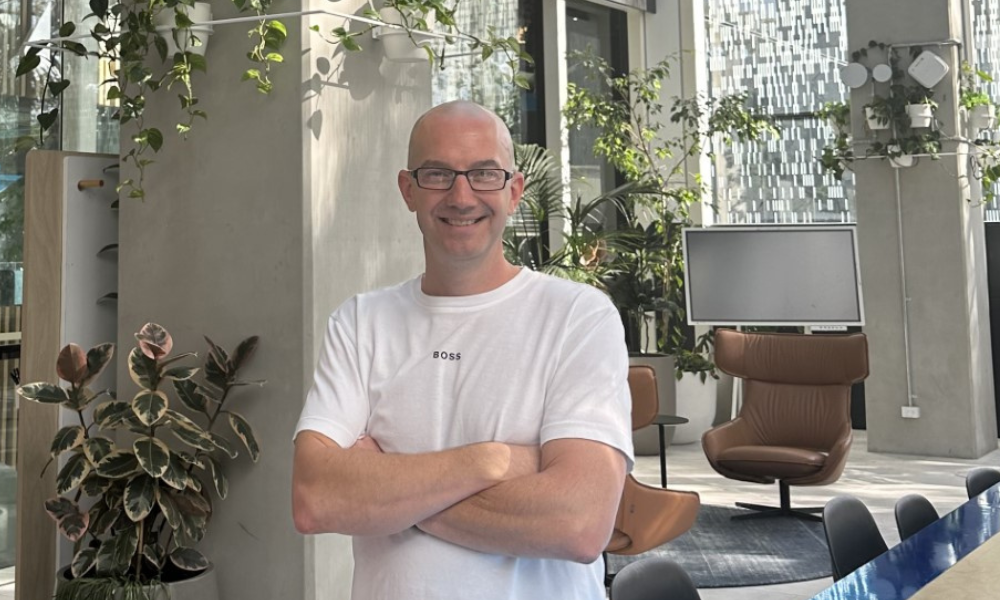One chief people officer encourages HR professionals to question commonly-held truths about employee benefits

Many HR professionals strive to follow best practice when it comes to employee benefits but – according to one industry figure – it may be time to rethink the age-old approach.
“Ignore best practice,” urges Evan Bateup, chief people officer at Vista Group. “This is too often an American construct that has little relevance to the people in your own companies.”
Bateup, who’s been in Vista’s top HR spot since 2016, says employers shouldn’t blindly follow industry trends just because a certain perk or policy is popular. Instead, they should actively explore what would work best within their own workplace.
“Talk to your staff, find out what they after, what their goals are – personal or work-related – what their stressors or distractors are, and what reduces their ability to focus,” he tells HRD.
“Challenge your own thinking about what is and isn’t possible,” he continues. “You will find a lot of what they are after will not cost you a lot of money but will make an enormous difference to how they feel valued.”
After following this approach, Vista introduced a career-break policy where staff can choose to have a sabbatical of three to six months to follow any passion they may have – whether that’s writing a novel or travelling another country.
“This came from staff talking to us about where they were at, what they wanted and how they felt conflicted because they didn’t want to resign but they didn’t want to feel stuck,” says Bateup.
Listening to employees and taking their advice on board can also have a major impact on attraction and retention as many workers – particularly millennials – are now seeking out organisations which respect and value their workforce.
“The wonderful thing about millennials is that it is not all about the base salary,” says Bateup. “Their expectations are wider – they want to know the company they work for values and respects them.
“This could be benefits such as generous health insurance, wellness programmes, flexibility, global mobility, career break opportunities or any of a myriad of other flexible benefits.”
Of course, regularly reviewing these policies is key as wants and needs will undoubtedly change as the employees and the environment also shifts.
“I don’t believe in a set cadence about this, more that it should be a continuous, iterative process,” says Bateup. “Not everything will work as you anticipate and some will have no take-up. Having a genuine open-door policy where you want to hear what they are after, why and then see what is possible before closing the loop back is key. Where it requires changes to budgets you may delay impact until the dollars are available but that doesn’t stop the ability to communicate it up front and engage staff in advance.”
Evan Bateup will be joined by a bevy of other industry leaders at the upcoming Millennial Workforce Summit in Auckland. There, he will participate in an engaging panel about how HR can balance reward and recognition with reality checks.
More information about the event can be found online and registrations are now open. HRD readers are encouraged to book early if they wish to utilise the Super Saver offer.








